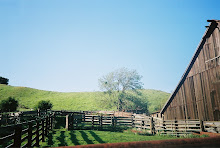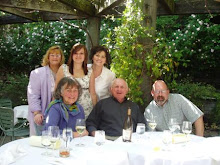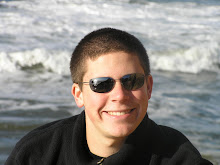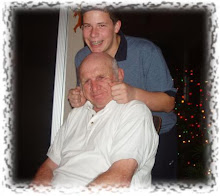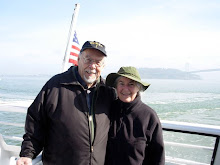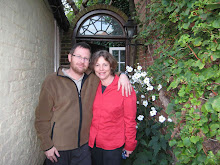Sylvia Tedesco's Reviews > American Dirt
American Dirt
by

by
Jeanine Cummins (Goodreads Author)

I just binge-read this book and think it is a great addition to the literature of what migrants are suffering. It was difficult to read. There is nothing more frightening than a mother trying to protect a young child. In the end, I learned so much. The people who populate this book are so real. The incredibly kind people and the unbelievably cruel people just make your heart race and all the outside world fall away. The protagonist is a well-educated woman from Acapulco and I identified with her and her reasoning, fears, decisions and was glad I followed her all the way to the end. I only left one star off the rating because of one strand of the story seemed a bit unrealistic....but overall this book is a fabulous read.
UPDATE
UPDATE
Sam Ogren asked:
To those who haven't
read the book, and yet posted a scathing review below...isn't commentary on
something you haven't yourself experienced at the core of your objection? If
you read it and thought it sucked, cool. But exactly when did thinking for
oneself go out of fashion? Just seems like the uninformed hate is not elevating
the conversation, and frankly not the enlightened stance I think you're going
for...
My response: I agree with
Sam Ogren. Now I've read the book I am more aware than I thought I had been and
I'm ready to read more sophisticated accounts. Sometimes a book like this is an
entry point into really seeing the complexities of a situation.



